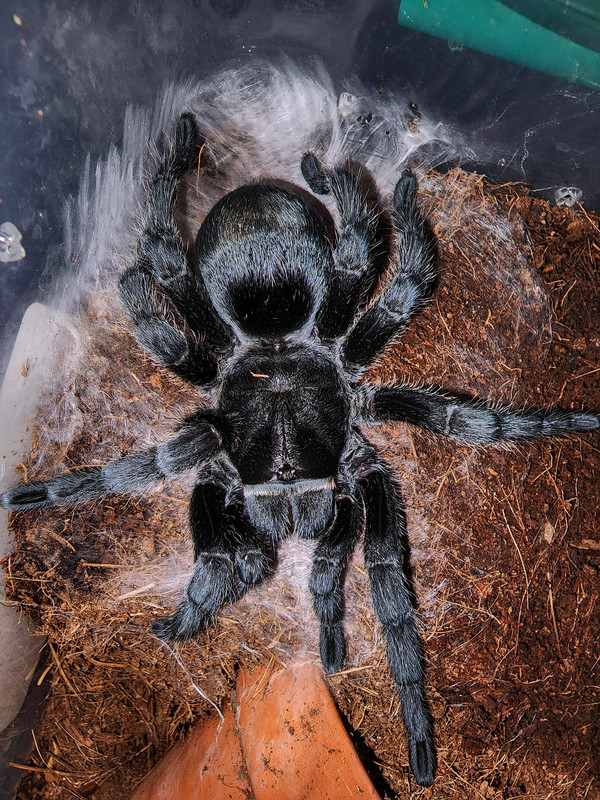TechnoGeek
Arachnosquire
- Joined
- Aug 13, 2019
- Messages
- 132
Might as well get it started:
The article is about the Brazilian black tarantula but I'm pretty sure this isn't a Grammostola pulchra, or even a tarantula at all lol. I think this is a velvet spider which isn't even a mygalomorph. I'm pretty sure a care sheet becomes that much more trustworthy when you start it with a photo of a different animal to the one it's about
Let's see what you guys can find
The article is about the Brazilian black tarantula but I'm pretty sure this isn't a Grammostola pulchra, or even a tarantula at all lol. I think this is a velvet spider which isn't even a mygalomorph. I'm pretty sure a care sheet becomes that much more trustworthy when you start it with a photo of a different animal to the one it's about
Let's see what you guys can find
Last edited by a moderator:







